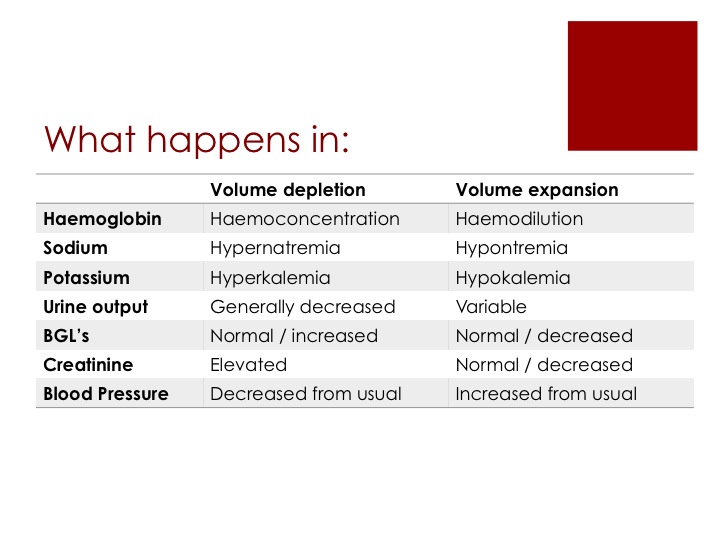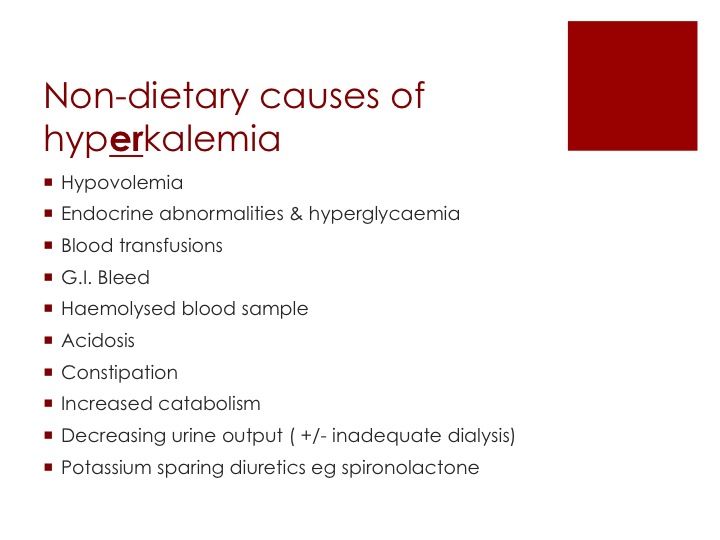Making Sense of Common Biochemical Measures Anthony Meade, APD


As dietitians, when we look at biochemical results we feel confident when they are within the normal range, but how do we interpret results outside the normal range? Anthony has 15 years’ experience in the area of renal nutrition and he explains how to make sense of our client’s biochemical results by looking at common biochemical disturbances, causes and their nutritional significance.
Presentation overview
- Kidney Function - regulatory, excretory, hormonal and metabolic
- Blood and urine tests – NA, K, HCO3, CL, Urea, Creatinine, albumin, protein
- Chronic Kidney Disease (CKD), diagnosis, management, guidance and clinical tips to identify, manage and refer patients with CKD.
- Measuring kidney function, creatinine levels, GFR, hydration status, urinary markers, albumin, biochemical markers
- Assessing electrolytes, potassium and minerals in the blood, dietary and non-dietary causes of hyper/hypo kalemia
- Acidosis causes and treatments
- Calcium and Phosphate relationship
- Hyper/Hypophosphatemia
- Albumin tests and causes of low albumin
- Systemic responses to inflammation, use of CRP and other inflammatory markers
- Iron studies, assessing iron status, Ferritin and Transferrin
- References including the Chronic Kidney Disease Management handbook
Anthony is the Principal Renal Dietitian, Central Northern Adelaide Renal and Transplantation Service. He lectures in nutrition and dietetics at Flinders University and the University of South Australia, and is the convenor of a post-graduate course in renal nutrition for dietitians. He likes to think of himself as practical, observant, curious and patient focussed.
For more information and to register click here